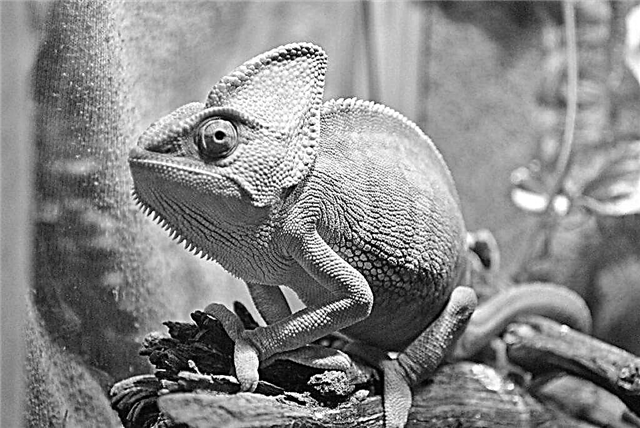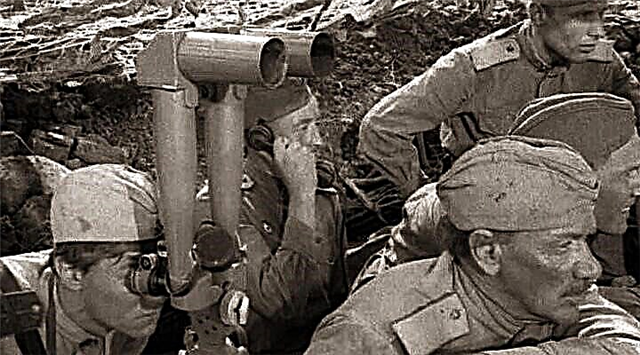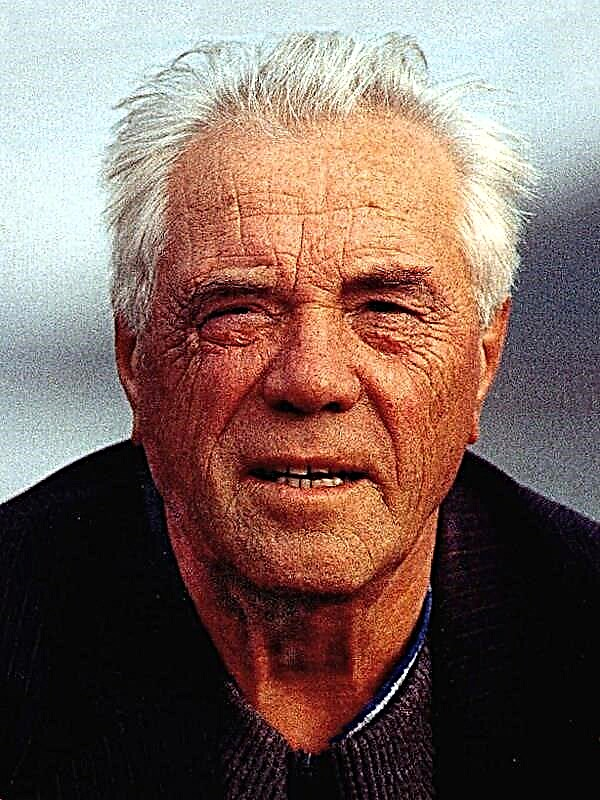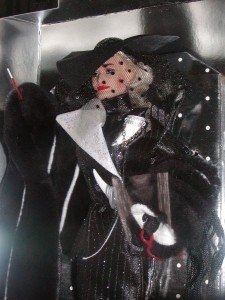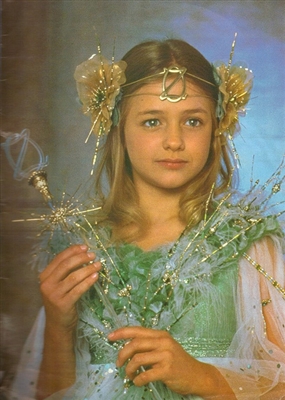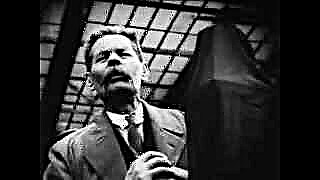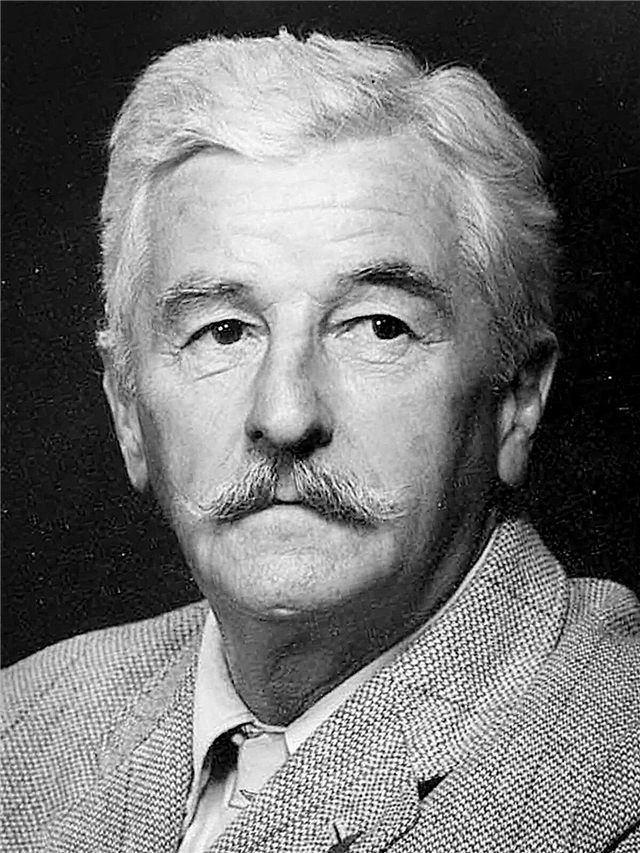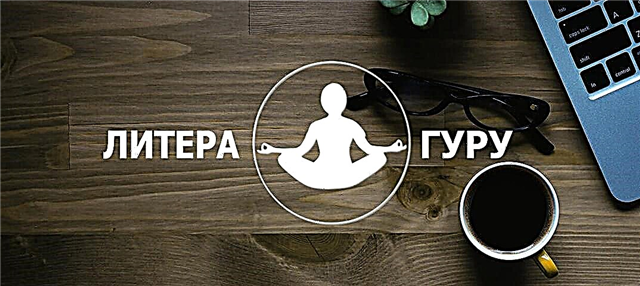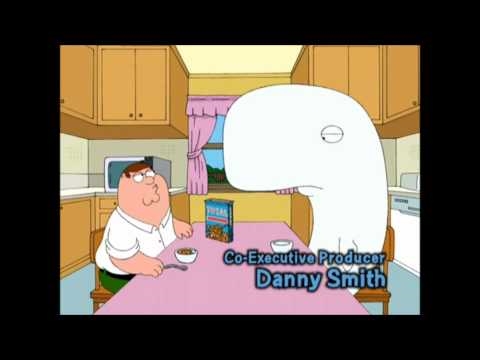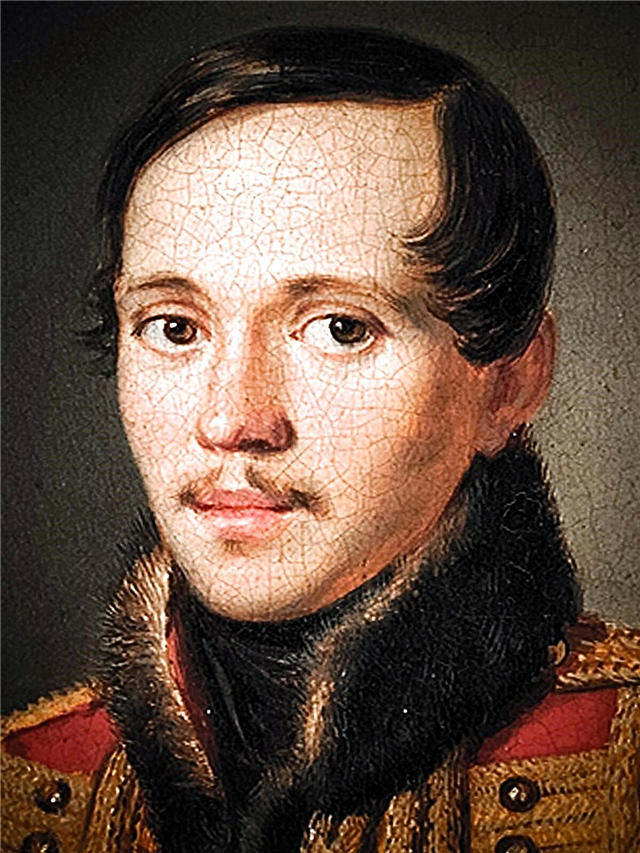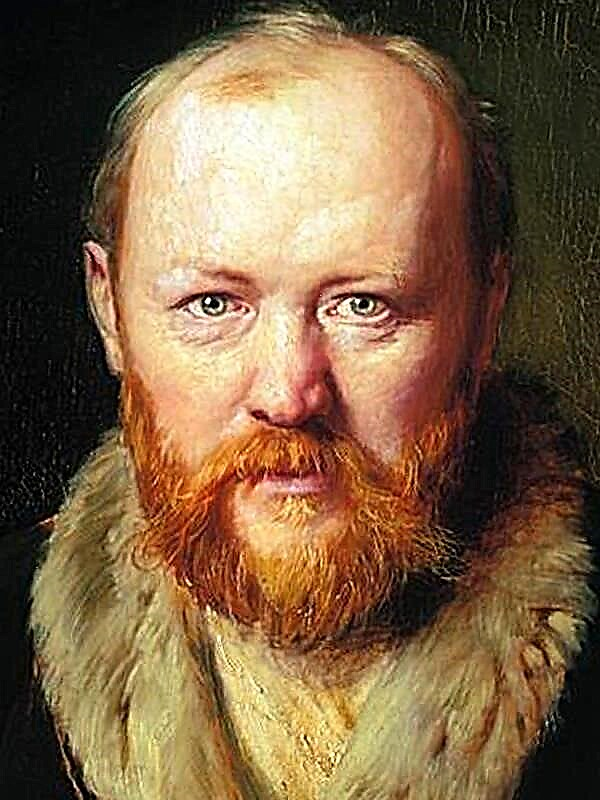Spain, beginning of the 20th century The play begins in the groom's house. Mother, having learned that he is going to the vineyard and wants to take a knife, breaks out with curses on the man who invented the knives, and guns and pistols - all that can kill a man. Her husband and eldest son are dead, killed in knife fights with the family of Felix, the hated Mother. Mother hardly endures the idea of a wedding, the Bride is unpleasant to her in advance, the Groom leaves, the Neighbor appears. The mother asks her about the Bride and finds out that she had previously had a groom who had been married to her cousin for two years. This is Leonardo, from the Felix family, who was very small at the time of the quarrel between the two families. Mother decides not to say anything to her son.
House of Leonardo. Mother-in-law Leonardo sings the lullaby to the child "about a high horse that does not want water." Leonardo’s wife is knitting. Leonardo enters. He had just come from the forge, was changing horseshoes for his horse. It seems to his wife that Leonardo drives him too much, and yesterday he was seen on the plain. Leonardo says he was not there. The wife informs Leonardo about the upcoming wedding of her cousin in a month. Leonardo is gloomy. The wife wants to know what oppresses him, but he abruptly cuts it off and leaves. The wife of Leonardo and Mother-in-law continue to sing a lullaby “about a high horse”. The wife is crying.
Groom and Mother come to the house of the Bride to get married. The Father of the Bride goes to them. They talk about the wedding day. The mother in each case recalls her deceased eldest son. The Bride appears. Groom's mother instructs her, explaining what it means to get married: “Husband, children and a wall two cubits thick - that’s all.” The bride seriously promises: "I will be able to live like this." After the departure of the Groom and Mother, the Handmaid wants to consider the gifts brought to the Bride (among them are openwork silk stockings, the “dream of women”). But the Bride talk about gifts and the upcoming wedding is enraging. The maid says that at night she saw a horseman stopping under the window of the Bride - she found out it was Leonardo. There is a clatter of hooves. Leonardo drives through the windows again.
Wedding day. The maid puts the bride’s hair in an intricate hairstyle. The bride stops all the free talk of the Handmaid about marriage. She is gloomy, but full of determination, and answers the question of the Handmaid if she loves her groom, in the affirmative. There is a knock. The maid opens the door to the first guest. It turns out to be Leonardo. The bride and Leonardo talk, like falling out and deadly offended by each other in love. “I have pride. That's why I'm getting married. I’ll lock up with my husband, whom I should love more than anything else, ”says the Bride. “Pride will not help you <...> Silently burn - this is the worst punishment that we can expose ourselves to. Did my pride help me, did it help that I didn’t see you, and you didn’t sleep at night? Not at all! Only I was all on fire! You think that time heals, and the walls hide everything, but this is not so. What penetrates the heart, you cannot tear it out! ” - Leonardo’s rebuke sounds. The maid is trying to drive Leonardo away. The approaching guests singing: “You wake up, bride, / This is the wedding morning ...”
The bride runs away to herself. Leonardo goes deep into the house. Guests appear and read the verses of the Bride: "Come down, dark-skinned girl, / a train of silk / dragging along the echoing steps."
The Bride appears - in a black dress of the nineties, with frills and a wide train. On the head is a wreath. Everyone salutes the Bride. Groom's mother sees Leonardo and his wife. “They are family members. Today is the day to forgive, ”the Father of the Bride tells her. “I suffer, but I do not forgive,” she answers. The bride rushes the Groom: "I want to be your wife, to be alone with you and hear only your voice." The bride and groom and the guests leave. Leonardo and his wife remain on the scene. She asks her husband not to ride, ride with her in a wagon. They are arguing. “I don’t understand what’s wrong with you,” the wife admits. - I think and I do not want to think. I know one thing: my life is broken. But I have a child. And I'm waiting for another. <...> But I will not give in to my own. " They go away together. Voices behind the scenes continue to sing: “Remember that you leave the house / you go to church. / Remember that star / you go bright! "
Before entering the house of the Bride, the Servant, singing, places trays and glasses on the table. The Mother of the Groom and the Father of the Bride enter. Mother hardly leaves thoughts about her dead relatives and, together with the Father of the Bride, dreams of grandchildren, a large family. But Mother understands that she will have to wait a long time. (“That’s why it’s scary to watch your blood flowing on the ground. The brook dries in one minute, and it costs us many years of life ...”)
Cheerful guests appear, behind them - young ones. Leonardo almost immediately goes inside the house. A few minutes later the Bride leaves. When she returns, the girls come up to her with pins: the one to which she will give the pin earlier is more likely to get married. The bride is excited, it is clear that a struggle is going on in her soul, she absentmindedly answers the girls. At the back of the stage is Leonardo. It seems to the groom that the Bride is alarmed. She denies this, asks him not to leave her, although she evades his embrace. Leonardo's wife asks guests about him: she cannot find him and his horse is not in the stall. The bride goes to rest. After some time, its absence is revealed. Wife of Leonardo enters with a cry: “They fled! They were running! She and Leonardo! On a horse. Hugged and flew in a whirlwind! "
The wedding breaks into two camps. The groom and his relatives rush in pursuit.
Forest. Night. Three lumberjacks talk about the fate of the fugitives. One of them believes: “One must obey the heart; they did well to run. " Another agrees: "It is better to bleed and die than to live with rotten blood." The third lumberjack speaks of the Bridegroom: “He flew like an angry star. His face was ash gray. The fate of his family is written on it. ” They are going away. The scene is illuminated by bright blue light. It appears the moon in the form of a young lumberjack with a pale face. The monologue reads in verse: “I am a bright swan on the river, / I am the eye of gloomy cathedrals, / there is an imaginary dawn on the leaves, / I am everything, they cannot hide anywhere.” “Let them not have a shadow, / nor a place where they could hide!”
“Oh, I want to penetrate my heart / and keep warm! Give the heart - / let it leave its chest / and spread over the mountains! / Oh, let me penetrate the heart, / penetrate the heart ... "
The moon disappears behind the trees, the scene plunges into darkness. Enter Death in the guise of Beggar ...
A beggar woman calls the moon and asks for more light, “light up the vest and shade the buttons”, “and then the knives will find their way.”
The Groom appears, accompanied by one of the young men. The groom had just heard the clatter of hooves, which he could not confuse with any other. The groom and the young man disperse in order not to miss the fugitives. On the road near the Bridegroom appears Beggar-Death. “A handsome young man,” the Beggar remarks, looking at the Groom. “But you should be more beautiful asleep.” She leaves with the Groom. The Bride and Leonardo enter. There is a passionate dialogue between them.
Leonardo: “What a glass stuck into the tongue! / La wanted to forget you, / built a stone wall / I between our houses. / When I saw you in the distance, / I covered my eyes with sand. / And what? I mounted a horse, / and the horse flew to your door ... "
The bride echoes him: “How everything is mixed up! I don’t want / share the bed and the food with you. / And what? You don’t have a minute / when I didn’t aspire for you. / You attract me - I'm coming. / You say that I’m back, / but I rush through the air / you followed by a light old blade. "
The bride persuades Leonardo to run away, but he carries her along with him, and they leave, hugging each other. The moon appears very slowly. The scene is filled with bright blue light. The violins sound. Suddenly, one after another, two heartbreaking cries are heard. At the second cry, a Beggar appears, stops in the middle of the stage with her back to the audience and opens her cloak, becoming like a bird with huge wings.
White room. Arches, thick walls. Right and left are white benches. Shiny white floor. Two girls in dark blue dresses unwind a red ball and sing: “The lover is silent, / all the scarlet is the groom. / On the shore of the dead / I saw them, "
Enter Wife and Mother-in-law Leonardo. The wife wants to return and find out what happened, but Mother-in-law sends her home: “Go to your home. Take heart: / from now on you will be lonely / live in this house, grow old in it / and cry. Only the door, remember, / it will not open in it. / He is dead or alive, but these windows / we will forget everything. Rains and nights / let your tears drop / to the bitterness of herbs. " Beggar appears. To the questioning of the girls, she replies: “I saw them. Here soon / will be both - two streams. / An hour passed - they froze / between large stones. Two husbands / sleep at the feet of the horse motionless. / Both are dead. The night is shining / beautiful. They are slain! / Yes, killed! ”
Beggar, and then the girls leave. Soon, Mother and Neighbor appear. A neighbor is crying, and Mother's eyes are dry. Now she is waiting for undisturbed peace - after all, everyone has died. She will no longer have to worry about her son, look out the window if he is coming. She does not want to see anyone and does not want to show her grief. The bride enters in a black cloak. Mother threateningly heads towards her, but, having mastered herself, stops. Then hits the Bride. A neighbor tries to intervene, but the Bride says that she came to be killed and buried next to the dead. “But they will bury me clean - not a single man has admired the whiteness of my chest.” She tries to explain to her Mother her flight: “I burned on fire, my whole soul was in sores and wounds, and your son was a stream of water for me - I was expecting children from him, calming, healing power. But that one was a dark river, overshadowed by branches, worrying me with the rustling of reeds and the dull rumble of waves ... "
The bride asks Mother for permission to cry with her, and she allows, but at the door.
A funeral procession is approaching. “The four youths of the bowed / carry them. How tired are the shoulders! / Four youths in love / bring death to us through the air! ”

